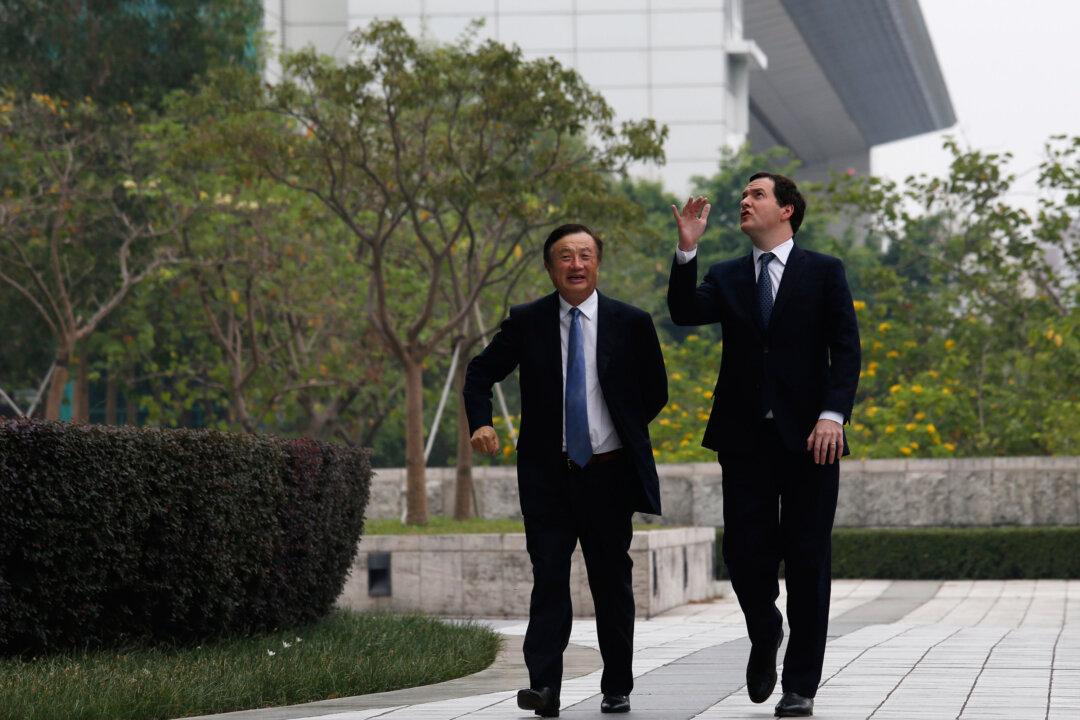Chinese telecom giant Huawei is conducting an aggressive public relations campaign to allay global concerns about security loopholes in its equipment by inviting foreign leaders and reporters to visit its headquarters in Shenzhen City.
Most recently, the tech firm invited a reporter from the Globe and Mail—a Canadian newspaper that has reported extensively on the extradition case of Huawei CFO Meng Wanzhou, who was charged by the United States with violating Iran sanctions—to visit its headquarters on Jan. 31.





